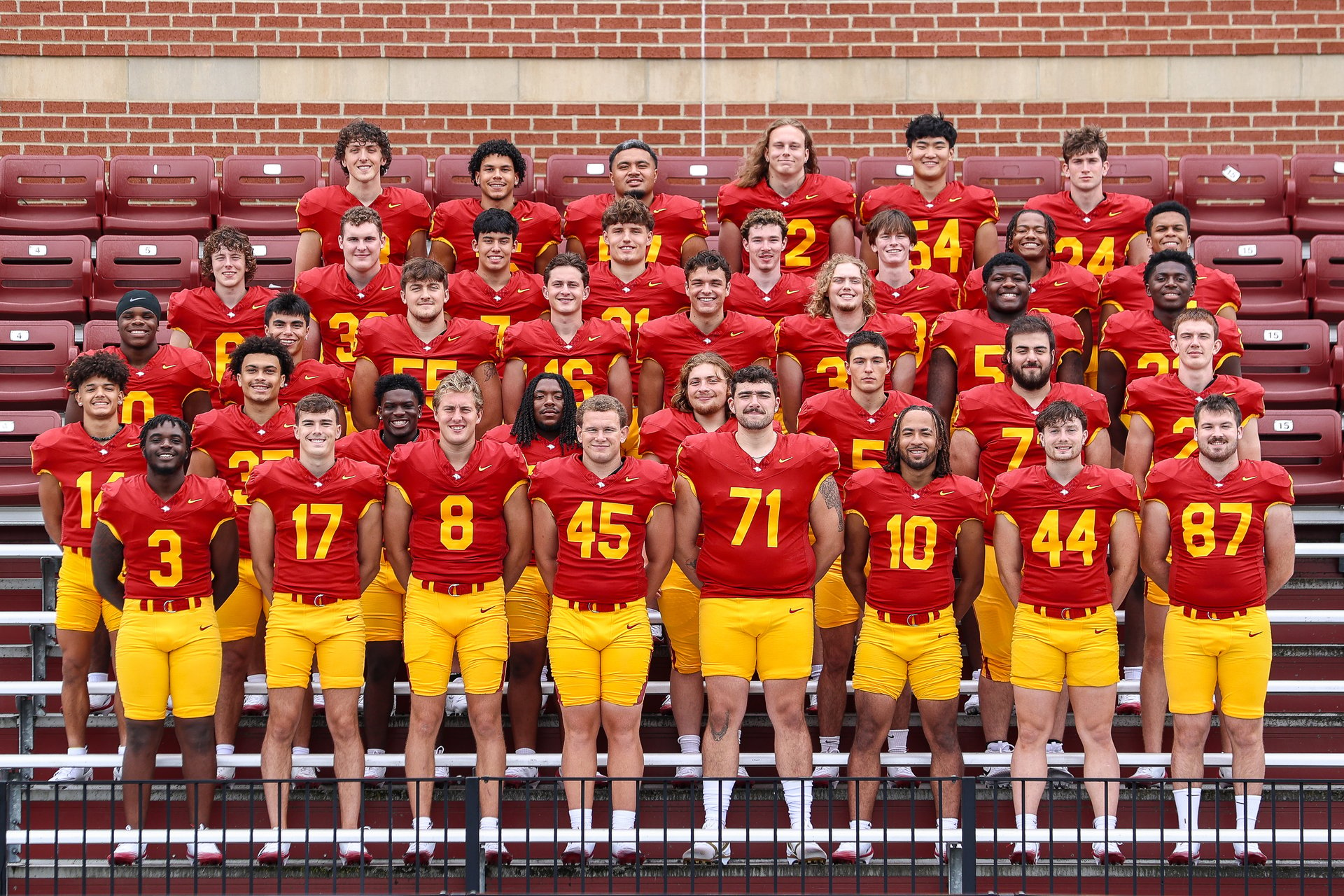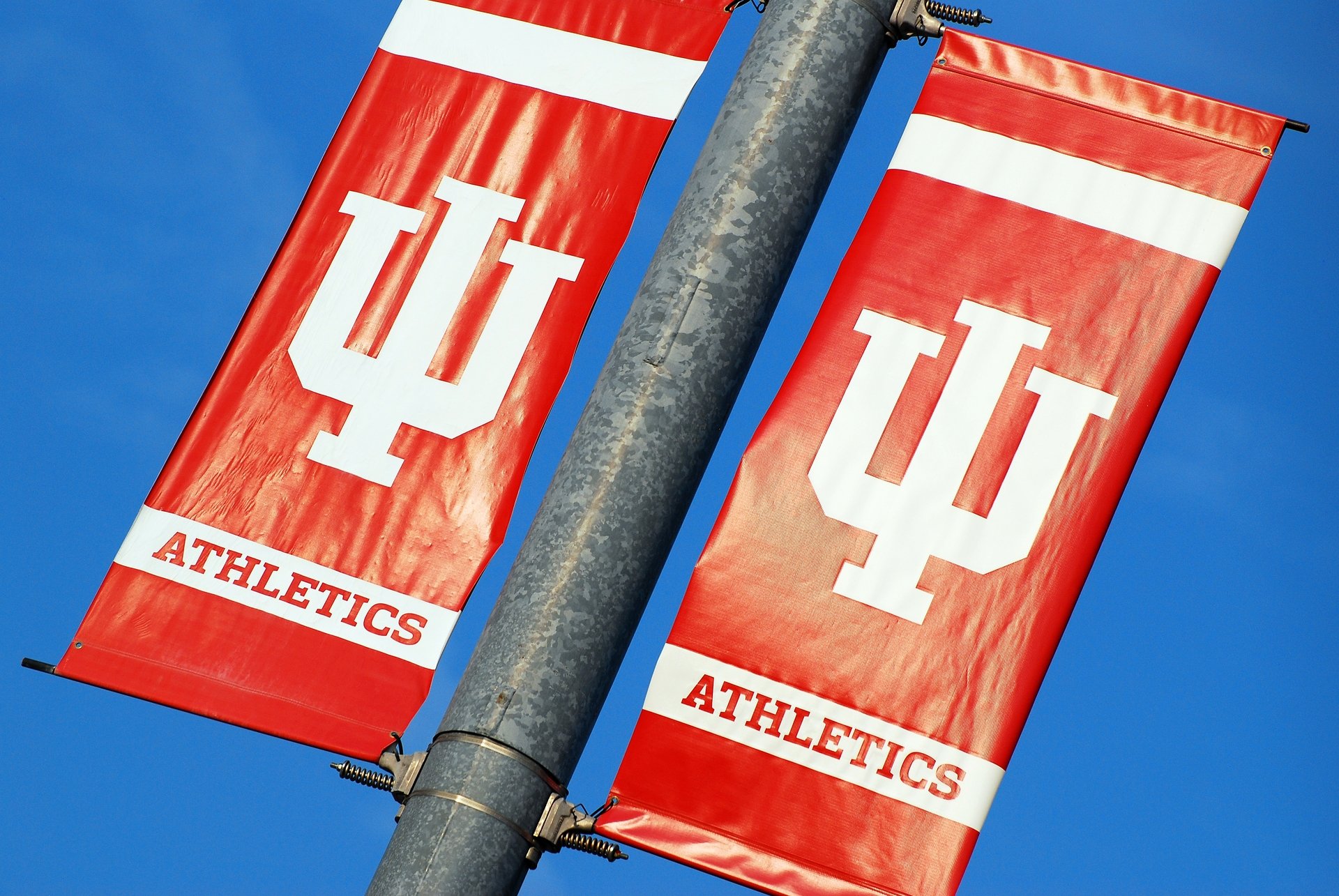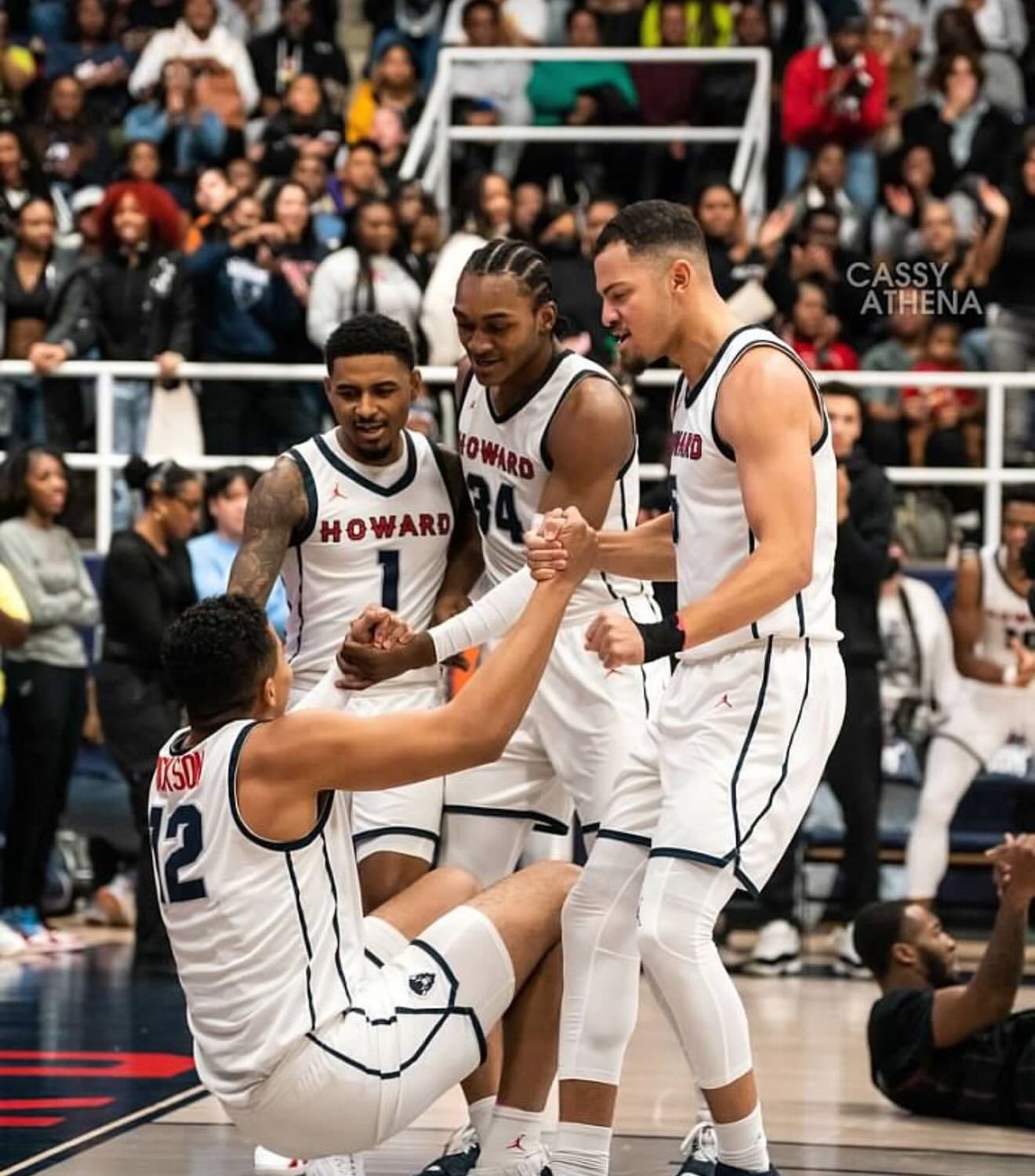Good morning, and thanks for spending part of your day with Extra Points.
Quick note: This will not be my only newsletter about my recent trip to Provo. But there was too much for me to squeeze into one newsletter, so stay tuned..
PROVO, UTAH—-
I’ve been to a lot of college football tailgates, in places all over the country. But I don’t think I’ve ever been to one quite like the tailgate ahead of last Saturday’s Arizona at BYU game.
For one, it was a pretty late-arriving crowd. Despite BYU being 5-0, hosting the national FOX Big Noon Saturday television show and the weather being absolutely perfect, the parking lots (outside of the Big Noon setup) were mostly empty at 8:30 AM. “They usually get in around 11 or so for a 2:00 kickoff”, BYU athletic director Tom Holmoe told me. “There’s not one person camping out…that sort of [huge tailgate] tradition never really got established.”
Other BYU fans, and even some athletic staffers, joked that part of the reason there isn’t a huge crowd waiting at the crack of dawn is because so many Cougar fans have little kids who have soccer games or other obligations.
But by 11ish, those families make their way to LaVell Edwards Stadium, kids and all. Across the entire area, even among the students who woke up early to wave signs and yell at Urban Meyer, the atmosphere felt decidedly family-friendly. There were a series of races (a 5K and shorter runs for younger kids) complete with chocolate milk and blue pancakes. There were kids climbing the Cougar statues in front of the stadium, chasing each other through parking lots, and dads flocking to a golf simulator truck. The closest thing to anything anti-Arizona Wildcat I heard was some very gentle ribbing about Utah stealing their hockey team. No profanity, no actual trolling.
When I walked over to the student section, to see if maybe the ol’ undergraduates were any rowdier. I was greeted by a group of students who brought a blanket and were passing the time with a rousing game of Uno.
I love Uno as much as the next dad. But let’s just say I remember the student section from my time at Ohio State slightly differently.
Of course, it probably shouldn’t be a surprise that the setting around a BYU football game would feel more like a church carnival than some Big Ten Bacchanal. BYU is owned and operated by The Church of Jesus Christ of Latter-Day Saints, known more colloquially to most of America as the Mormons. Members of the LDS church do not drink alcohol, and consumption of adult beverages is formally banned on the BYU campus. Roughly 90% of the population of Provo identifies as LDS.
Of course, that doesn’t mean everybody on the team is LDS. As you might have heard, BYU’s starting quarterback, Jake Retzlaff, is Jewish, one of reportedly just three Jewish students on campus. I spoke to two other players, Caleb Etienne and Therrian Alexander III, who are not LDS, and they’re not alone on the roster. During the heydey of BYU football, the team included many star players who weren’t LDS, like Jim McMahon and Steve Sarkisian.

What, like Moses was gonna miss this one?
A lot of BYU fans are LDS. But not every BYU fan identifies as LDS. In fact, if you look carefully and are willing to walk a little ways from the stadium, you can find a few RVs that are set up just like any other tailgate you might expect at a college football game, complete with TVs, wide tables full of grilled meats, and of course, booze. These tailgaters aren’t active Latter-Day Saints simply trying to sneak a Bud Light without their bishop knowing…they’re folks who aren’t Mormon anymore, and perhaps never were in the first place. They just love the Cougars.

I spent much of the last week talking to many of these folks on the phone, then flew out to Provo to meet a few myself. I had one big question to ask.
Why?
But first, if you need the most accurate, most detailed and most current college athletics industry data to do your job, but you don’t have a massive budget, you need the Extra Points Library.
We have over 4,000+ itemized athletic department budgets, athletic director contracts, coach contracts, athletic apparel contracts and major vendor contracts, all easily searchable. Whether you’re in academic research, looking to hire a tennis coach next year, or a reporter trying to track buyouts…EPL is the right tool for your budget.
“I don’t think it’s that strange to be a BYU fan and not be a Mormon,” a Cougar fan and former Latter-Day Saint named Alex told me over the phone. “It’s not like every Notre Dame fan is Catholic, right? I’m sure not every Wake Forest fan is Baptist.”
The man has a point, but I don’t think it’s a perfect, 1:1 comparison.
I think it would be fair to say that the cultural influence BYU has over the American LDS population far outstrips that of SMU and Methodists, Baylor and Baptists, or even Notre Dame and American Catholics.
For one, there just aren’t very many LDS schools. There are three different BYUs, but the Idaho and Hawaii campuses no longer sponsor intercollegiate athletics. There’s a tiny church-owned community college (Ensign College) and D-III Southern Virginia, a school not actually owned by the LDS church but run as an LDS school…and that’s it.
You can be just about any kind of American Protestant and never meet a graduate of a particular FBS Protestant school. You can probably be an American Catholic and never meet anybody who actually went to Notre Dame. If you’re a Latter-Day Saint, whether you live in Centerville, Utah or Columbus, Ohio or Chicago, Illinois…your Bishop and half of your co-congregants probably went to BYU.
If you live in a place like Utah County, home of the largest LDS university and with a population dominated by Latter-Day Saints, the cultural influence of Mormon stuff can feel significant.
So if you’re trying to stay away from the church, why continue to root for the church school?
For many fans, it starts with family
Alex told me he grew up going to BYU athletic events with his grandparents. Several other fans told me they grew up near Provo (in and around Utah County), and that their fandom started as very little kids.
Tate, who had cousins play for BYU’s football and basketball squads, told me that even though he’s tried to give up BYU athletics before after he left the church, he couldn’t do it. “You can’t just make yourself love another team,” he told me.
Another fan, now in her fifties, who spent years going to games with her BYU professor parents, told me that “my family would have honestly been more upset about me rooting for somebody else than they were about me leaving the church.”
Deciding to leave the LDS church can sometimes cause real strain in families. Many fans that I spoke to pointed out how grateful they were that BYU football could serve as something of a “neutral ground” between themselves and their more devoutly religious family members, allowing them to still share cultural space without needing to explicitly discuss religion (or politics, or other hot button topics). This was even an attitude I heard from various BYU athletics staffers: athletics can serve as a “connective tissue” across families who might not have as much in common anymore.

Me and some of my new Boozin’ Cougs pals
If that happens, it’s on purpose.
BYU athletic director Tom Holmoe might be the perfect sort of department administrator to bridge cultural gaps in the fanbase.
Holmoe wasn’t born in the shadow of Cougar Stadium to generations of BYU royalty. While he played for the school, he grew up in Southern California and didn’t convert to the church until later in life. His earlier career, as a football player for the 49ers, and later as college coach, took him to plenty of environments far outside the Book of Mormon Belt.
As an example, Holmoe told me about an experience he had shortly after he became the head coach at Cal (about as un-BYU a place as you’re going to find in FBS). “There were these houses down by our practice field…and one day I got a little package addressed to me from one of those houses. And inside was a duck call, and a letter…it said something about how they hoped I might be a little more enlightened than their last coach, and consider using the duck call in practice instead of a whistle.”
I didn’t specifically ask, but I feel confident that nobody in Provo has made a similar suggestion to BYU’s coaching staff.
Many fans, from the boozy tailgates to out-of-state folks I spoke to over phone and email, pointed to Holmoe’s efforts and gregarious personality as being specifically helpful in building bridges in the fanbase. “Tom’s the kind of guy that when he sees some dude with tons of tattoos and dip in his lip wearing a BYU shirt, he’s gonna want to give him a hug or a high five, not judgment,” one tailgating fan told me. “He makes everybody feel welcome.”
Fans also told me that someone else particularly effective at building those bridges is BYU head coach Kalani Sitake. Unlike the bulk of the most visible leaders at BYU or broadly in the American LDS church, Sitake isn’t a white guy (he’s Polynesian). He’s also emotional, demonstrative, and connects with fans on a deeper, more emotional level than other recent coaches.
“When things are good, he’s dancing, he’s jubilant, he’s outwardly expressive, and our people like that,” Holmoe told me. “…I think people read him as being humble.”
I wasn’t shocked to hear that many fans responded so positively to a few senior athletic department staffers being willing to break a few cultural stereotypes. But then I heard from several BYU fans that did surprise me….queer fans.
“BYU athletics saved my life”
LDS theological explicitly states that the “sacred powers of procreation are to be employed only between man and woman, lawfully wedded as husband and wife,” and that church blessing of marriages and relationships be limited to heterosexual unions only. The church was instrumental in the California Prop-8 campaign against gay marriage (and in other states), and BYU’s Honor Code policy states that ”same-sex romantic behavior is not compatible with the principles included in the CES Honor Code.”
I think it’s fair to say that BYU would not be considered to be an especially friendly place for a queer student. I’ve gotten to know several folks who came out after they graduated from BYU, and I can’t say that I knew any that retained any BYU athletics fandom.
But six different fans who identify as LGTBQ told me over the phone that despite their uh, complicated relationship with the LDS church or BYU as an institution, they still love BYU sports.
One fan, a gentleman named Kyle, told me that while he didn’t realize he was gay until near the end of his BYU experience, he sensed for a while that he didn’t completely “fit in” with many of his LDS peers. He was actually working an internship in the athletic department on the communications team when he came out to himself and a small number of people.
“BYU athletics saved my life,” he told me. “So many people in that department treated me with love and respect during that time in my life.” He also told me that while he often felt distant during church services or other cultural events, he “never felt more connected and included than I did when I was screaming with other BYU fans in LaVell Edwards Stadium.”
Another fan, Wyatt, told me that sometimes, it is hard to reconcile his love for BYU athletics with his frustration with the school’s sponsoring institution, but that he thinks it’s worth it. “My parents had never met a gay guy before me,” he told me. By staying connected to the fanbase and the athletic program, he hoped that maybe he could also be a positive influence for others.
For what it’s worth, every LGTBQ person I talked to told me that on the balance, they felt that they had substantially more positive experiences as a fan at BYU events than negative.

This shirt is made by Royal Army btw
Not perfect, but what is?
Most of the folks I spoke with told me that they generally felt very welcome at BYU’s campus and around BYU sporting events, even those with tattoos, long-hair, or other distinguishing features that telegraphed that they weren’t an instructor at the Missionary Training Center. I didn’t hear any stories of fans being condemned or judged by other fans for deviating from the norm.
But sometimes, it can still be challenging for non-LDS fans. “I don’t think anybody is ever trying to make me uncomfortable, but sometimes, sure, I get re-invited to church, or folks around me are constantly talking about church stuff. It’s just such a big part of the culture around here,” said one tailgating fan. “But generally, fans are pretty good about letting BYU sports be sports.”
A few folks at the Brews tailgate tent told me that they struggled for a while in trying to separate their feelings about the church, school or politics with Cougar sporting events, since being LDS can dominate such a large part of one’s sense of identity. I heard fans describe themselves as “conflicted BYU fans,” “weird BYU fans”, or a personal favorite, relayed by a Cougar fan in New Mexico, “ethnically Mormon.”
The tailgating setting wasn’t some group therapy session or complaint fest. Mostly, it looked and felt like most other tailgates I’ve attended. People talked about their kids, gym injuries, car troubles, and friends. They watched other national college football games, made fun of Utah, and (responsibly) enjoyed a few drinks. The biggest difference was probably the abundance of jello shots. It is Utah, after all.
“There’s a lot more fans like us than maybe other BYU fans realize,” one tailgater told me.
I told Holmoe about what I had heard from LGTBQ fans, from non-LDS fans, and from others who might not necessarily fit the Dan Smith BYU (the punchline from the famous Key and Peele skit) mold.
“I’m glad they feel that way, because I think that’s how it should be. I love our Game Day experience, our Fan Experience. When it comes to a game, they’re not all the same. You bring your differences, and then you cheer for the same team. Once you get in the stadium, it’s one team.”
“I think the same thing happens at other universities too, but it’s somewhat accentuated because of the strong connection and alignment of the church. I think if people read what you’re going to write, about different kinds of people feeling connected over a sports team, I think they’ll go, yeah, we’ve got the same thing here too. That’s a good thing!”
“I mean, to me…that’s the gospel of Jesus Christ.”
And living that would be a bigger deal to BYU than the 41-19 win over Arizona.
Note: I’m able to do stuff like fly to Utah for five days and interview a bunch of people thanks to your subscriptions. Reader subscripions make up roughly 90% of the annual revenue for Extra Points. If you enjoy this newsletter and would like to support it, consider upgrading to a premium subscription to get everything we publish:
1 The church asks that folks refer to the institution by its full name, The Church of Jesus Christ of Latter-Day Saints, rather than the shorthand Mormon, which was popular for decades. The Extra Points Style guide is to refer to the institution by its full name at first mention, and then for the sake of grammar, clarity and character limits, to use LDS Church.
2 I think most of you all know this, but in case you don’t, I was born and raised in the LDS Church. I got my Eagle Scout. I went on an LDS Mission to Sacramento, I met my BYU-educated wife at a Singles Ward in Chicago, got married in the Chicago Temple, etc. As you might imagine, reporting this kind of story was also pretty emotional for me, but I wanted to try and keep me out of this one. I’ll share some more personal thoughts in a later newsletter. Nobody wants a 4,000 word email first thing Monday morning, right?


















